News & Media Blog

ED Screening
July 14, 2023A GP sees (either knowingly or unknowingly) at least 1 patient with an active eating disorder each day.

JCU: Interview with Dr. Kiera Buchanan
April 21, 2021Interview with Dr. Kiera Buchanan, Director of the Centre For Integrative Health, after being awarded the 2017 James Cook University ‘Outstanding Alumni’ Award.
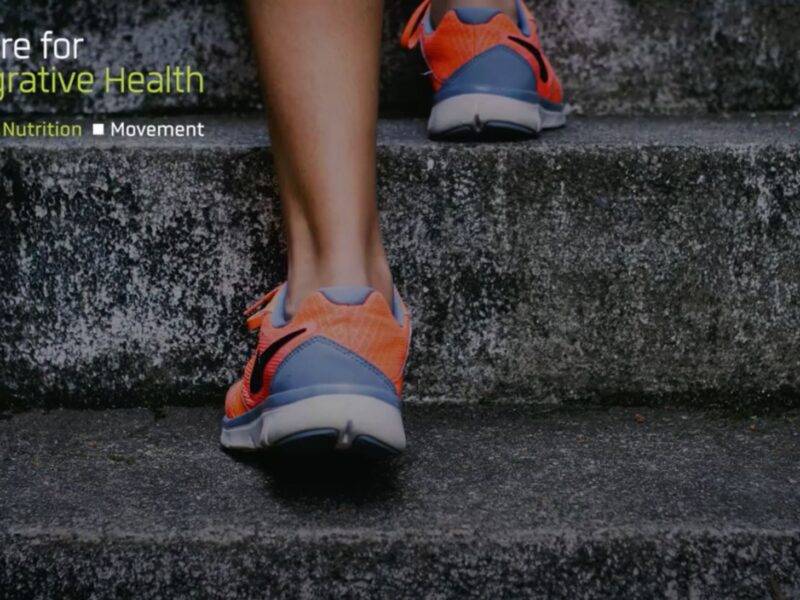
Ash Olive speaks with Triple J’s Hack about Exercise and Eating Disorders
March 3, 2021Ashleigh Olive proposes a number of red flags that can help to identify someone with or at risk of an eating disorder.
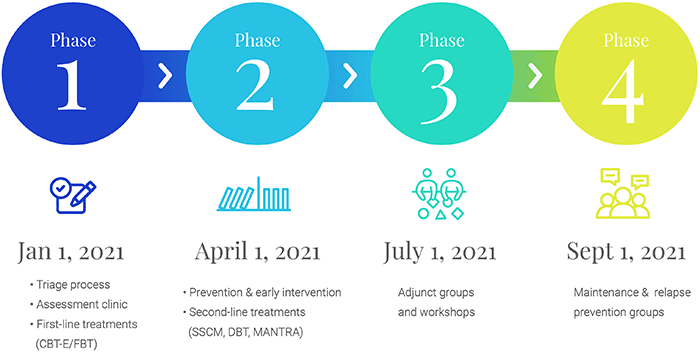
Changes to the CFIH Model of Care for Eating Disorders
December 15, 2020In our commitment to reducing the prevalence and mortality rates of eating disorders, CFIH identified the need to improve our model of service delivery model
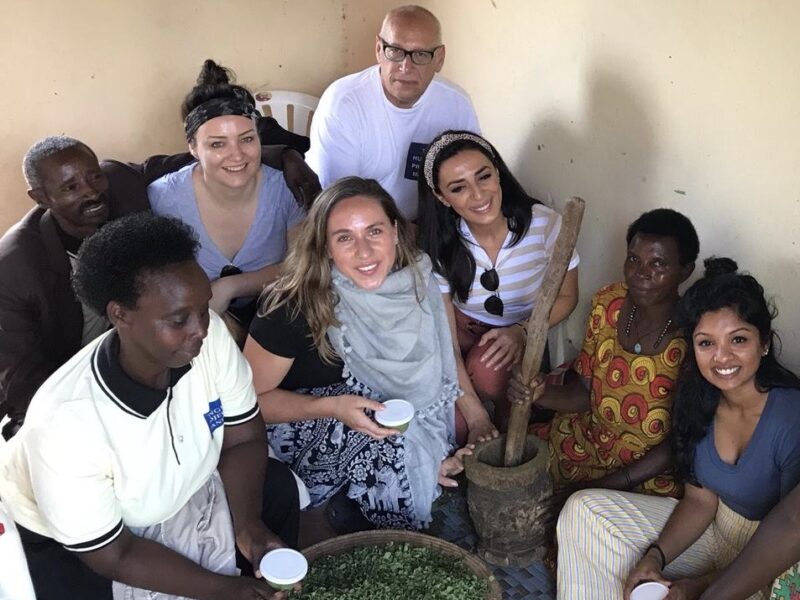
Weight Stigma Awareness Week, 2020
September 30, 2020I met Kiera in 2018 on a trip with ‘The Hunger Project’. On a bus in rural Uganda, we spoke about her work as a psychologist empowering people of all body shapes and sizes.
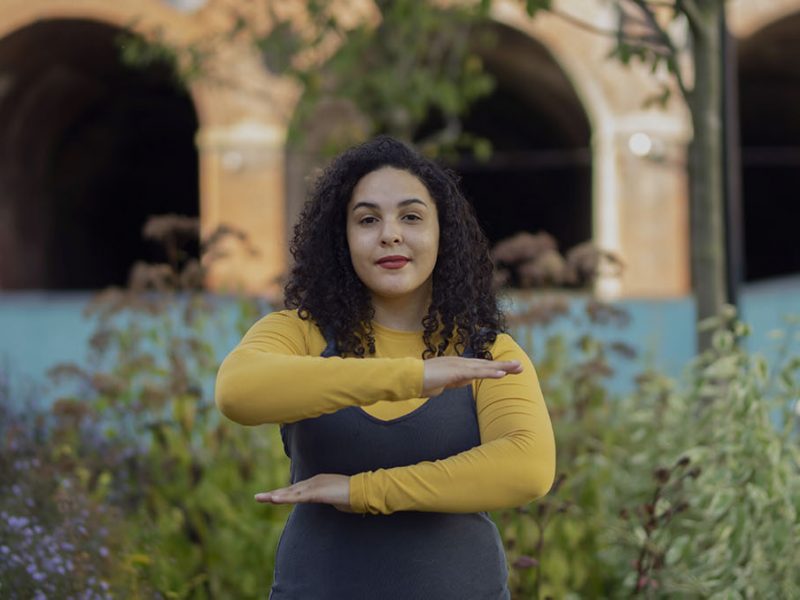
International Women’s Day: Our Message
March 8, 2020On International Women’s Day, we passionately strike the #EachforEqual pose. To us, this pose symbolises equality, compassionate boundaries, allyship, and the disruption of destructive gender-based cycles.
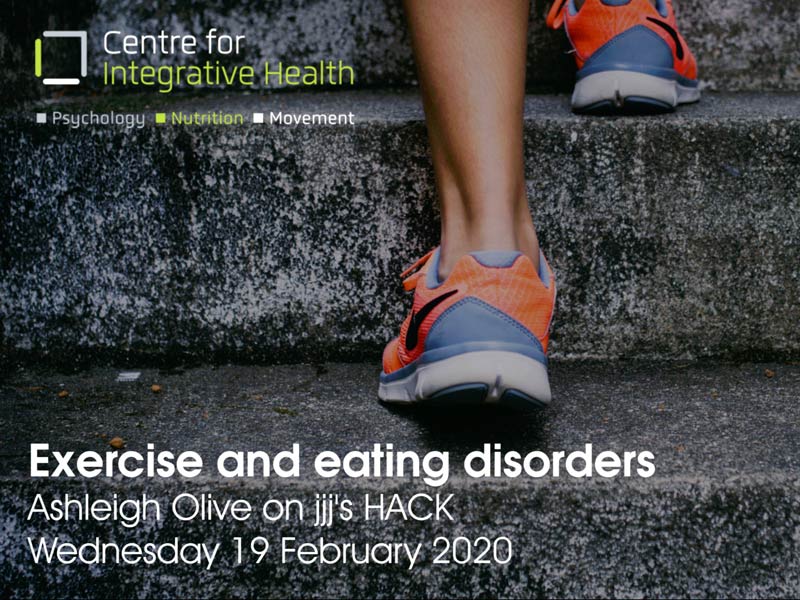
Exercise and eating disorders
February 20, 2020In an interview with Hack on Triple J, CFIH Psychologist, Ashleigh Olive, proposed a number of red flags that can help to identify someone with or at risk of an eating disorder.
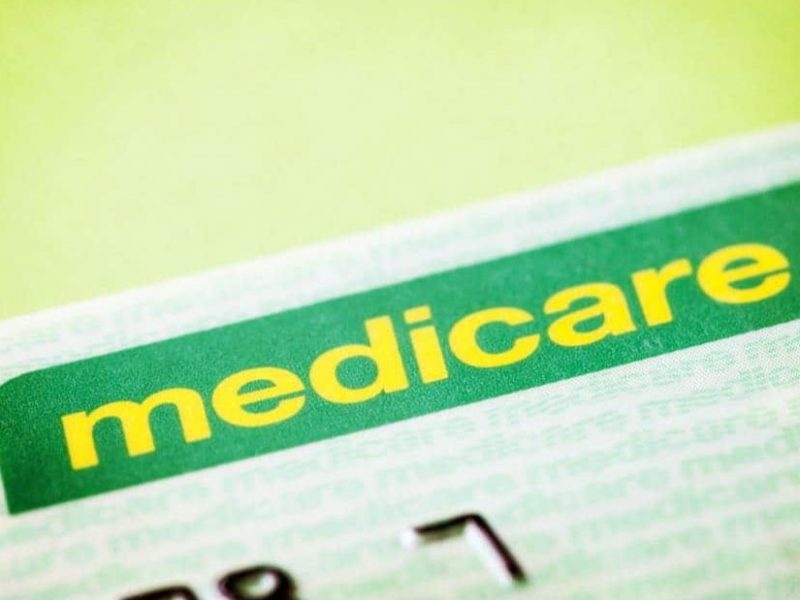
New ED Specific Medicare Benefits Schedule: What if my patient isn’t eligible?
November 6, 2019The much-awaited changes to the Medicare scheme have finally been announced. However, not everybody will see themselves represented in the eligibility criteria for the scheme.
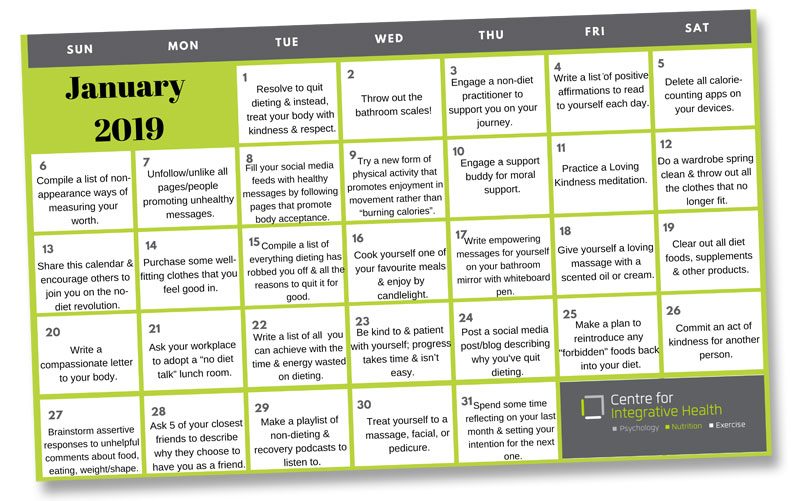
31 fantastic tips – one for every day in January!
January 2, 2019Get ready for 2019 with 31 great tips for your recovery journey; one for every day of January!
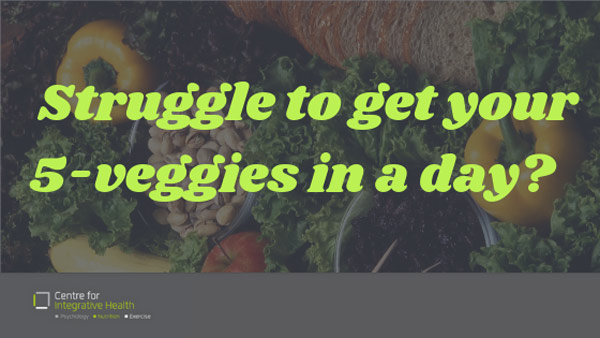
Struggle to get your 5 Veggies in a day?
October 17, 2018Check out Dietitian Kate Pollard’s top tips to include veg anytime in your day.
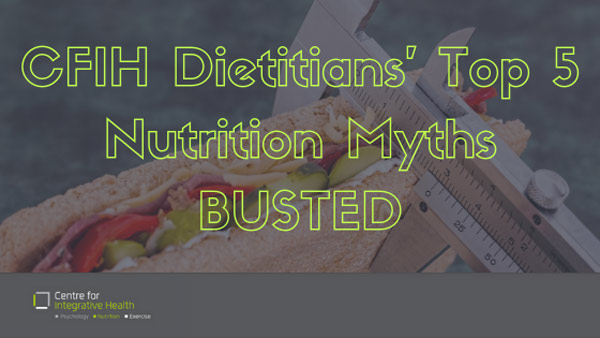
CFIH Dietitians’ top 5 diet myths BUSTED!
October 17, 2018Dietitians Kate & Kate have rounded up the top 5 that get in the way of a healthy relationship with food.
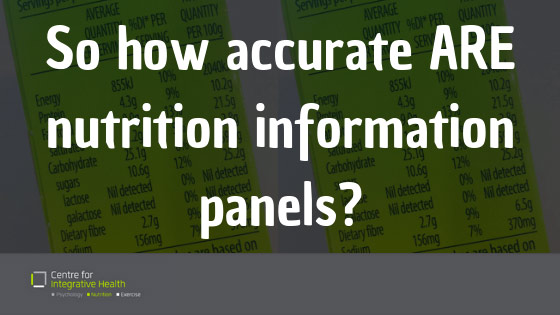
How accurate are nutrition information panels?
October 2, 2018Diet-culture loves numbers – we’re sold the idea that we can achieve tight and calculated control over food and our bodies through counting, tracking, weighing and measuring.
